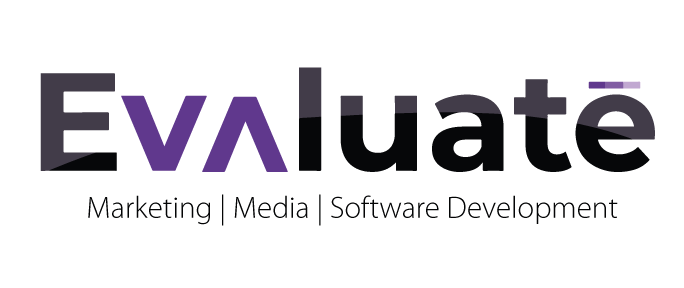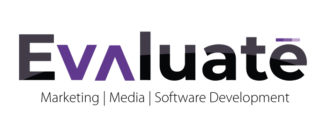Digital marketing has a language of its own. It doesn’t matter if you’re a digital marketing guru or new to the business, this is an industry that’s full of constant change, and that means new words, acronyms, and theories all the time. We’ve created this list of 10 digital marketing terms to define some of the terms we get asked about the most often. Take a look for a refresher, or to help you get started if you’re just getting into digital marketing:
1. Conversion rate: Conversion rate is the percentage of customers, or potential customers, that take a specific action. The “specific action” can be anything from opening an email, to signing up for a demo, to making a purchase. Since many marketing efforts focus on compelling a customer to take that next step in the sales funnel, the conversion rate is an important marketing metric. As a marketer, it’s important to be able to contextualize conversion rate data. Average conversion rates vary greatly depending on the marketing channel and industry. For example, Marketing Sherpa’s research found that the average website conversion rate for the professional or financial services industry was 10%, while the retail or e-commerce industry was only 3%.
2. Search engine optimization (SEO): Search engine optimization (SEO) is one of the most common marketing terms digital marketers encounter. Simply put, SEO is the process of increasing the amount and quality of traffic to your website from unpaid web search results. The “unpaid” part is important; SEO excludes paid search.
3. A/B testing: A/B testing refers to an uncomplicated way to test web page changes against text from an existing web page. The existing text is called the control, and it is compared to the updated copy, called the variation. The idea is to compare copy to determine which text is more effective. A/B testing is also referred to as split testing or bucket testing. The testing is a randomized experiment with two variables, the control and the variation of the controlled testing or experiment. Statistical analysis is used to determine which text performs better, measuring the impact of the changes on the metrics to identify positive or negative results.
4. B2B digital marketing: B2B digital marketing refers to digital technologies and strategies used to reach leads and convert customers. B2B is abbreviated for “Business 2 business.” B2B digital marketing methods allow marketers to focus on targeted, measurable, and interactive audiences. Products and services are promoted through different digital marketing methods like digital content marketing and social media marketing. This type of marketing is considered effective in building brand awareness, and preference, and engaging with prospects and customers. B2B digital marketing methods include search engine optimization, search engine marketing, influencer marketing, content marketing, e-commerce marketing, data-driven marketing, campaign marketing, content automation, social media marketing, direct email marketing, social media optimization, eBooks, display advertising, and optical disks and games.
5. B2C digital marketing: B2C Digital Marketing refers to the abbreviation for “business to consumer.” B2C digital marketing refers to the tactics and best practices marketers use to promote products and services to consumers. There are different ways to advertise online such as content marketing, banner marketing, and blogging. Businesses use B2C digital marketing to reach their consumer audiences.
6. Off-Page Optimization: Off-page optimization is everything you can do to improve your organic search rankings that does not involve your actual website. This includes anything you can do to create high-quality backlinks and further drive your exposure.
7. On-Page Optimization: On-page optimization involves actions you take on your website to improve your organic search engine rankings and can include improving meta tags or optimizing your website content.
8. Organic Traffic: This is the traffic your site receives from unpaid search results, hence it is considered organic. This is one of the main goals of SEO and content marketing because it provides a powerful platform for long-term growth.
9. Customer acquisition: Customer acquisition refers to the process of attracting customers to your business. It includes establishing a relationship with potential customers, showing them that you understand their needs, and providing them with the info they need to convert.
10. Lead Generation: Lead generation is another digital marketing term that’s used all the time. The term lead generation means bringing new, qualified potential customers into your marketing and sales cycle. Typically, lead generation is used in the context of describing a digital marketing effort. For example, blogging and deploying pay-per-click advertising campaigns are both digital marketing efforts that work to increase lead generation. That is, they work to draw more qualified potential buyers (um: leads) into your website and sales cycle.

